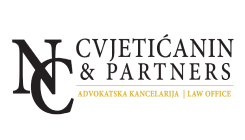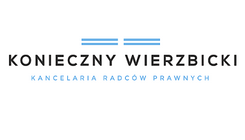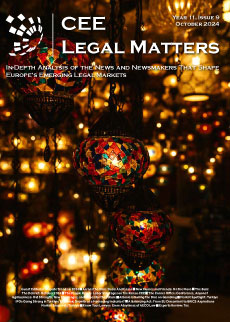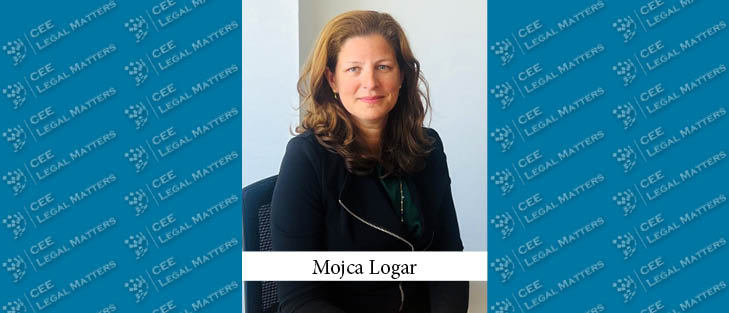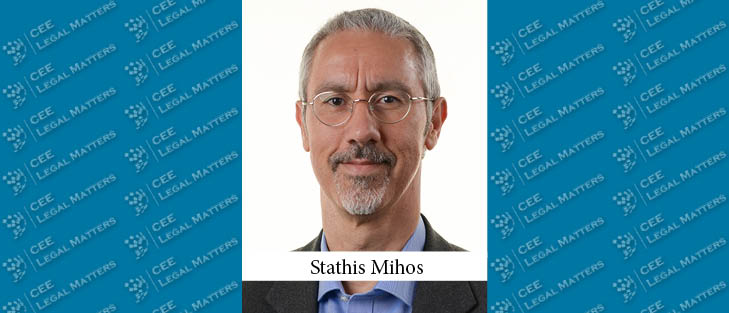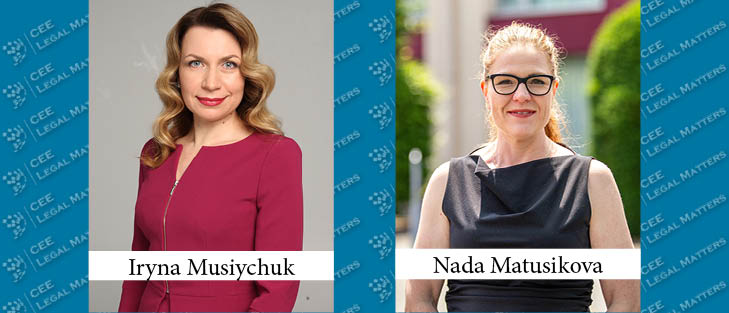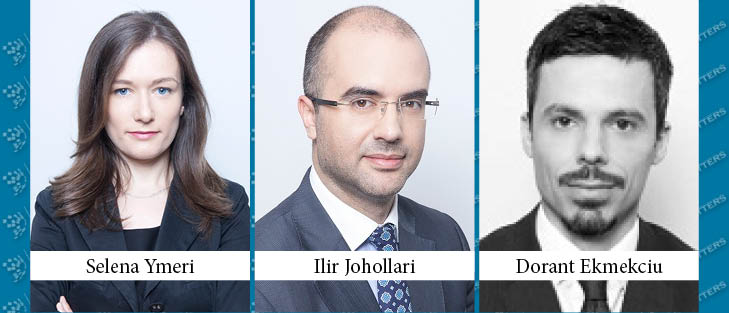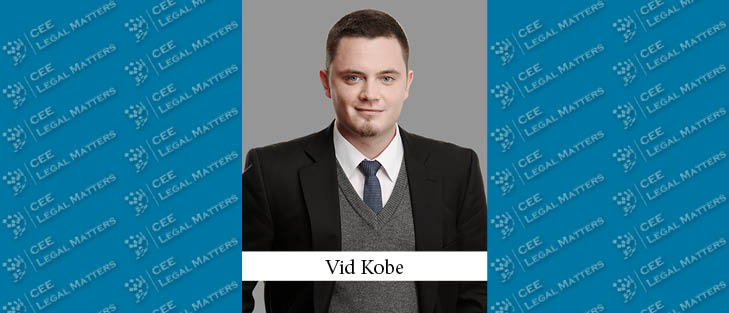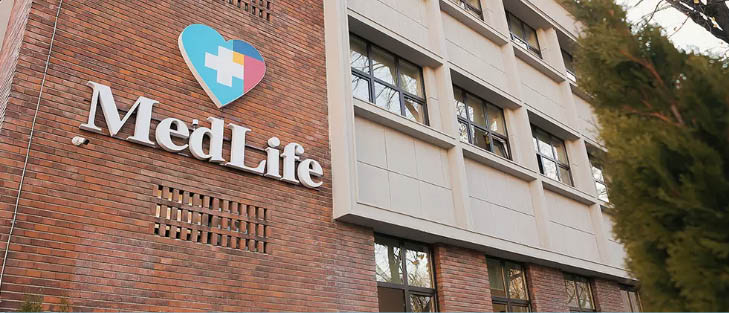“In Lithuania, we see a lot of movement and changes at the biggest law firms these days,” reports Irmantas Norkus, Managing Partner at Cobalt in Vilnius, adding that many senior partners have recently decided to leave their old firms, either to change offices or to establish new ones.
“It seems that we are at a point where important, key people from big firms, after 15-20 years of work, are now reconsidering their careers, and looking for new opportunities,” Norkus says. “Just to mention a couple: Tomas Milasauskas, a key real estate partner, has left Ellex; Gintautas Bartkus, one of the founding partners of TGS Baltic, has left that firm to become the Head of Legal at Deloitte; and Renata Berzanskiene, a founding partner of Sorainen’s Vilnius office, is leaving that firm.” According to Norkus, this represents a clear generation change in the legal market, with more senior partners deciding to move forward, leaving space for younger lawyers.
There are other changes as well. “In my view, younger lawyers are changing the environment of legal firms,” Norkus says. “They are more liberal in terms of their dress code, and many of them are willing to work from home. In other words, they are changing the old-fashioned, conservative way of thinking about law firms.” He adds that his own law firm is trying to catch up with these trends, and on the day of our conversation, he reported, Cobalt was having an international costume day at the office, with everyone encouraged to wear their own national dresses or uniforms at work.

“This year our Bar Association Council will be re-elected,” Norkus says, “and we will have a new chairman and a new council.” He’s optimistic about the direction the Bar is moving in. “I think that we will have a new modern Bar that will further boost the activity of lawyers and take more care of legal trends and changes.”
Lithuanian law firm business grew around 15% in 2017, Norkus reports, and it has remained strong into 2018 as a result of the activity in the M&A market itself. “If we look at the M&A market,” he says, “which is a really significant part of our revenues, right now the Baltics have the most transactions in CEE. And in the first two months of 2018, we saw the largest number of transactions, with large M&A deals being signed or closed almost every week."
In addition, the Cobalt Managing Partner says, crypto technology and blockchain work are keeping firms busy at the moment, with crypto transactions, ICOs, and payments being common topics among lawyers. “We have established a pan-Baltic group called the ‘Blockchain Task Force’ which is now working on larger projects in the field of cryptocurrency and related technologies,” he says. “This is definitely a new type of work for lawyers, which generates quite a lot of projects, and firms are just figuring out how to manage and monetize their clients’ requests.”
“Businesses in Lithuania are affected by the new Labor Code introduced in 2017,” he says, “and companies are still adjusting to its requirements. In addition, recent amendments to the tax laws and, of course, the GDPR are also generating business for firms.”
Finally, Norkus reports Lithuania is attractive for foreign investors at the moment. “Lithuania is attractive mainly to European investors," he explains, "for they find a friendly environment here, and we have good governmental approaches as well. In the latest Ease of Doing Business rankings, Lithuania is No. 16.”




